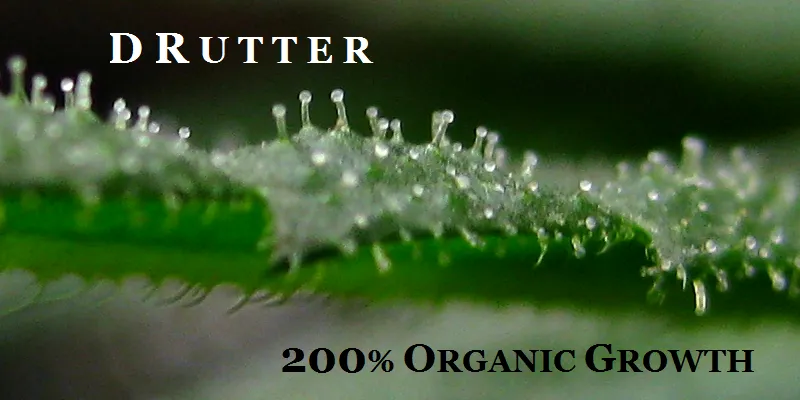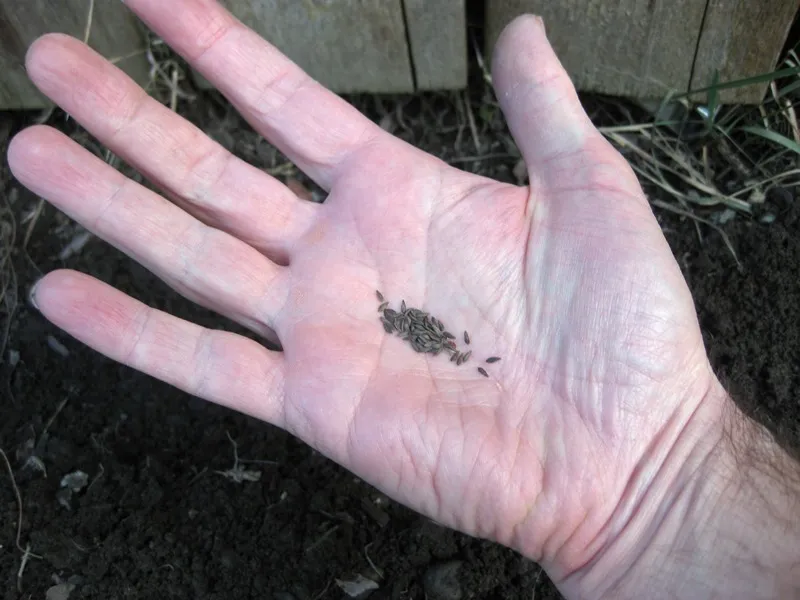
The 2021 gardening season is upon me here in central British Columbia! This year, I pledge to grow more food than in any past year! Inflation in food prices, a need for clean organic nutrition for my toddler, and a growing desire to opt out of the system - not to mention the likelihood of vaccination passports required soon to buy groceries - encourage me to produce as abundantly as I possibly can.
It's my second year in this garden, so I'll be building on past success. I have a green thumb passed down to be from my mother's father, who could revive a dried out twig into a sprawling lush plant in no time. I'm not quite there yet, but I'm fairly accomplished in my own right. I have essentially been gardening every year, more or less, since I was in preschool. Here are a few photos from last summer's harvest:

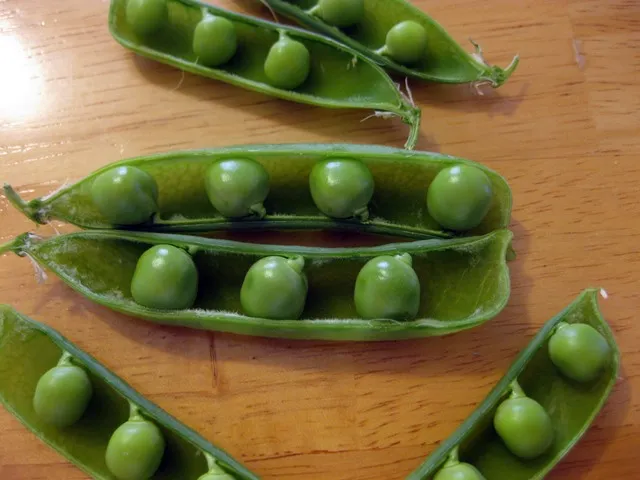

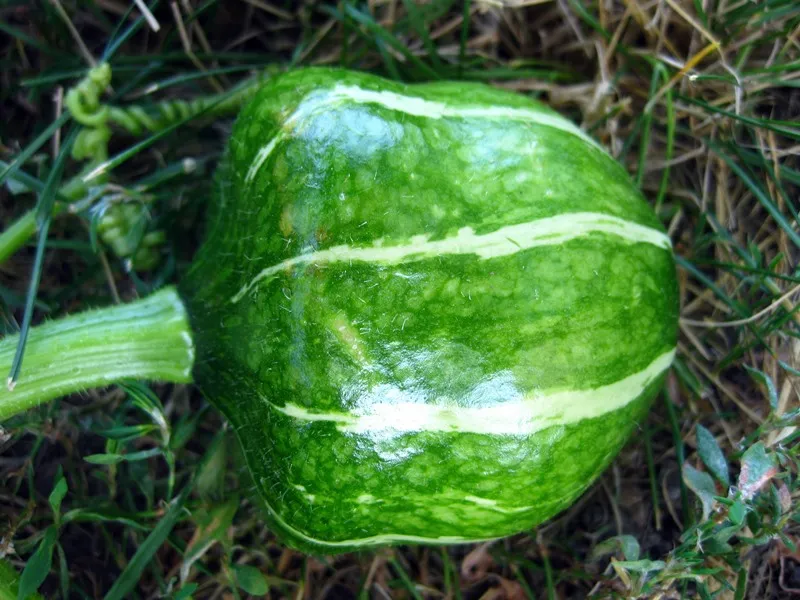
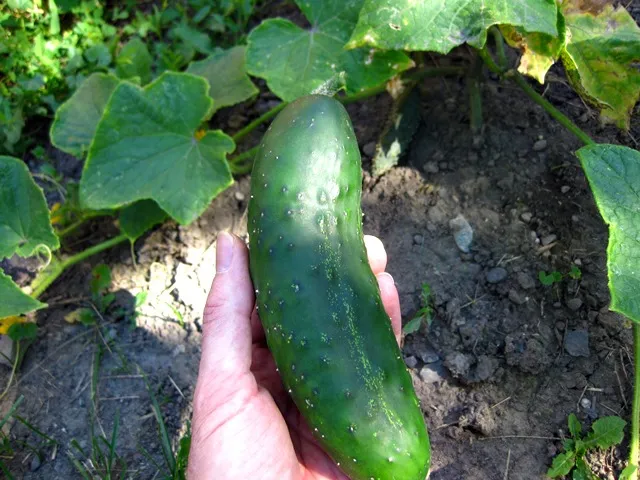
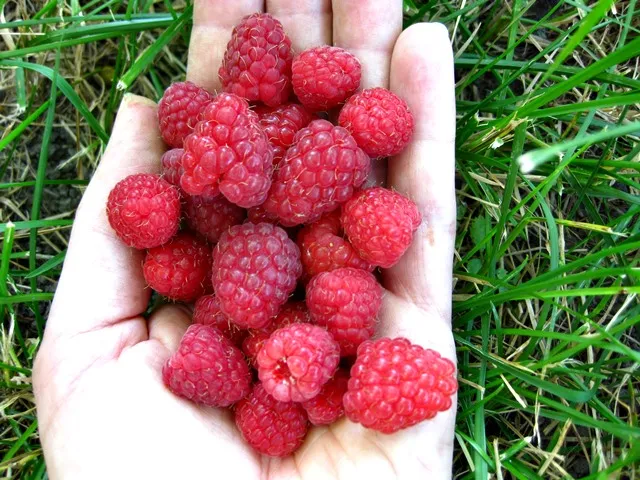
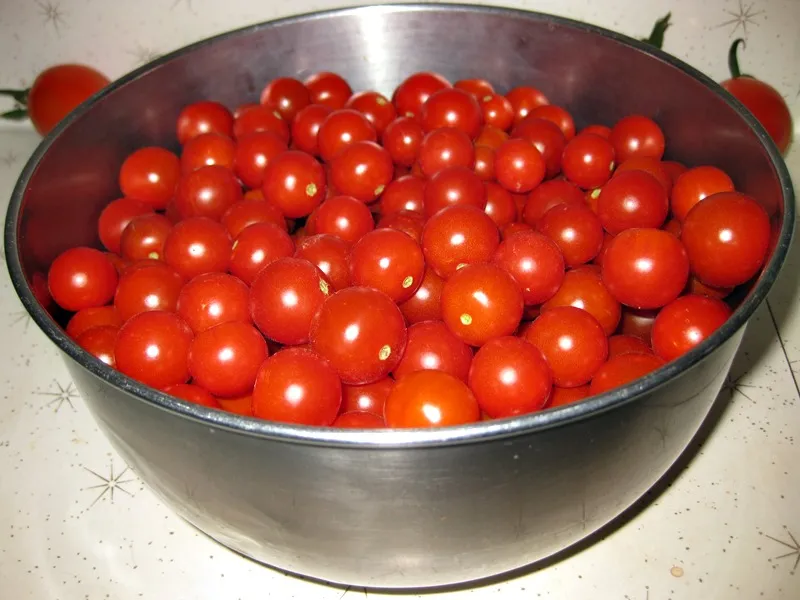
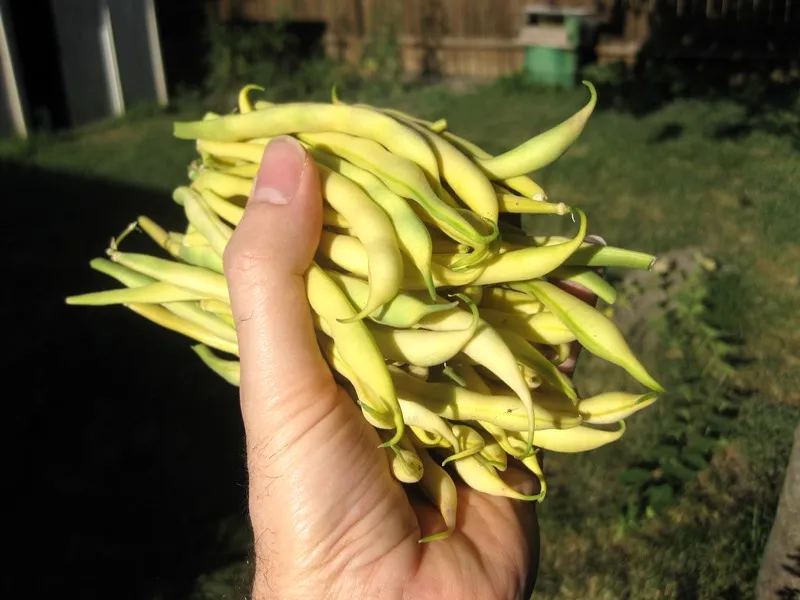
But it's mid-March in Canada, so we're talking humble beginnings here. The grass is still dead, there's still a bit of ice in the shadowy parts of the yard, the bees aren't buzzing yet, and there's a high risk of frost, snow, and hail for the next 2 months.
The seeds in my hand (first photo) are lettuce seeds, the first thing I planted this year. I got them from a friend a few years ago, out of his garden, and they keep coming up strong each spring. This year I plan to let some bolt, and obtain a fresh crop of seeds.
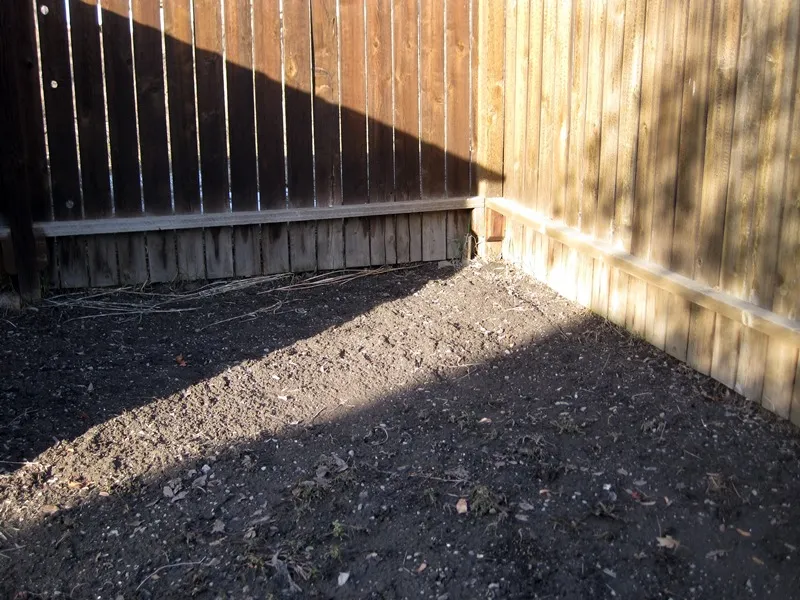
It's always great to see the sun again. Up here in December through February, times can get pretty dark. Now the days are mild, and nights barely get down to the freezing level. It's time to plant the spring crops!
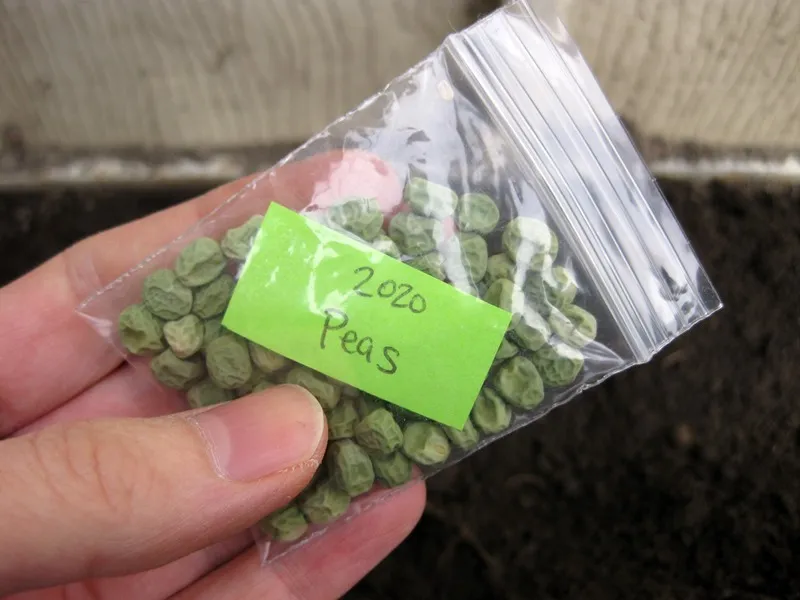
Peas from an heirloom line I grew last year. They were quite tasty and full of protein.
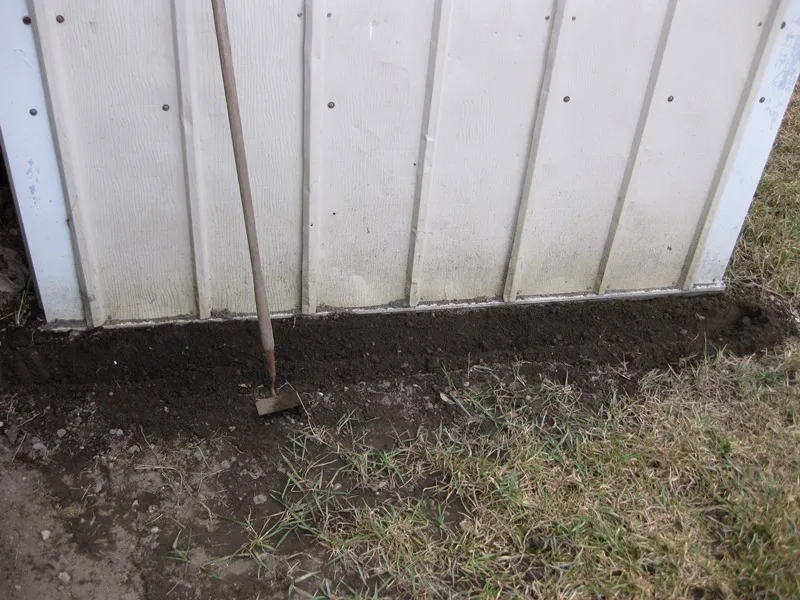
They should produce plenty of food over the next 3 months, until it gets hot. This spot along the shed is perfect.
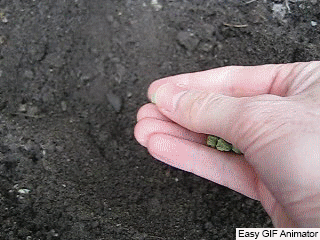
Ahhhhhhhhhhhhhhhhhhh! :D
Ooh, the garlic I put in last fall survived the winter, and is coming up!
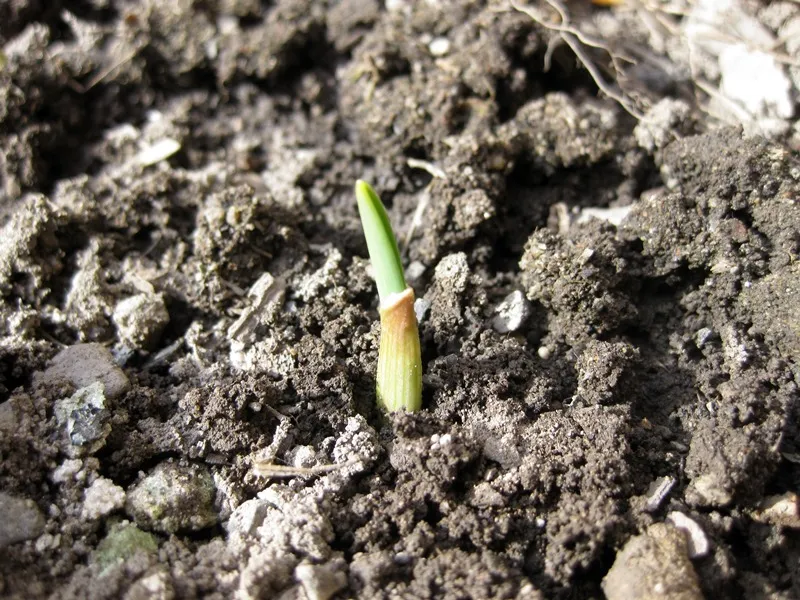
Last year was my biggest garlic crop yet - enough to last until very recently. This time, I set aside enough to put in enough plants to keep us in garlic ALL year! Harvest will be in early July.
Another plant that's already coming up is the rhubarb:
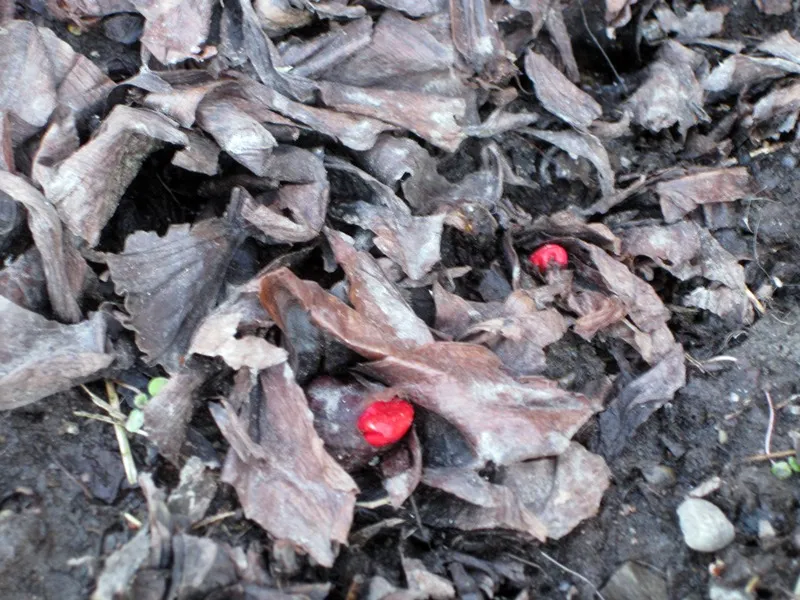
The raspberry patch is looking quite tangled. I wonder if I should prune it before things start to really get going?
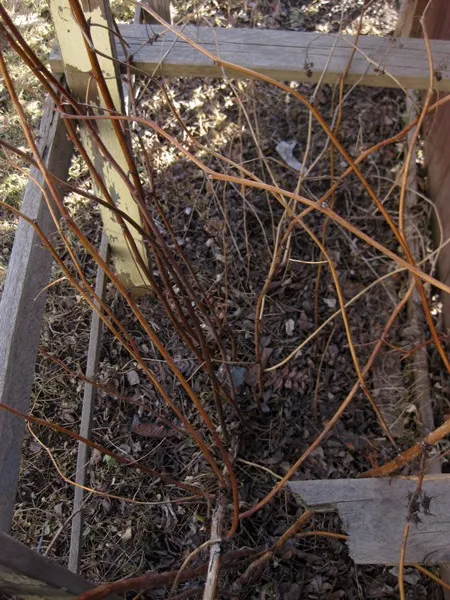
I've been taking a photograph of the same bird-berry tree once a month, and posting it. Here's Feburary's entry:
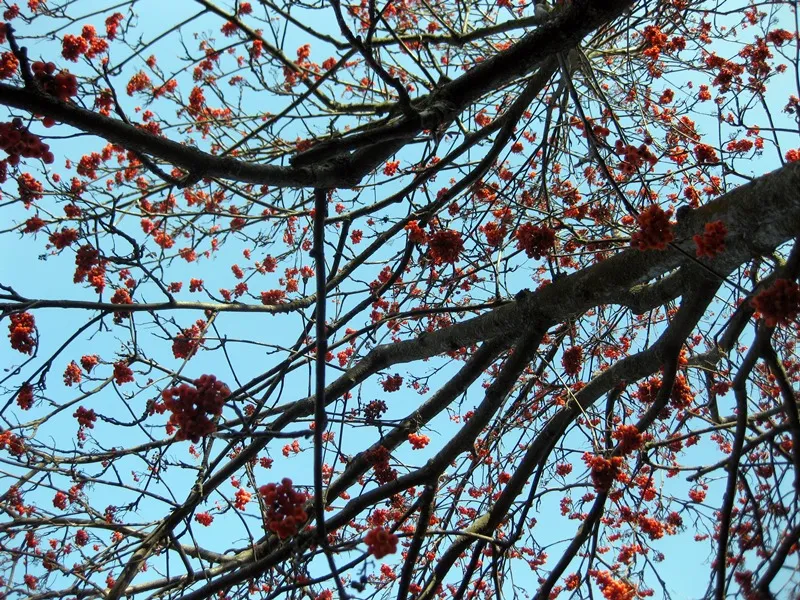
The birds haven't really pillaged the tree too badly, so it still has inventory going into spring. I think it will mostly rot off and be replaced by new green buds soon.
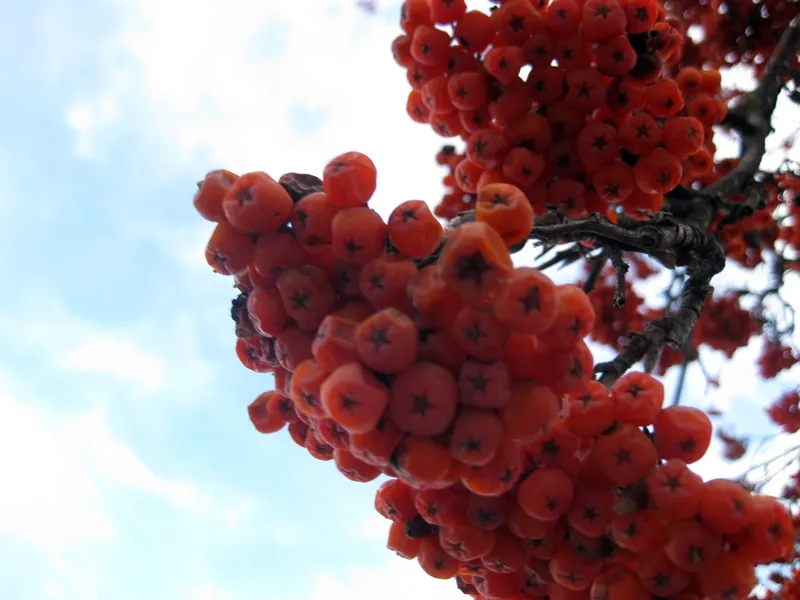
Inside, my little indoor medicine patch is doing well! A few weeks left until harvest for the Reclining Buddha females:
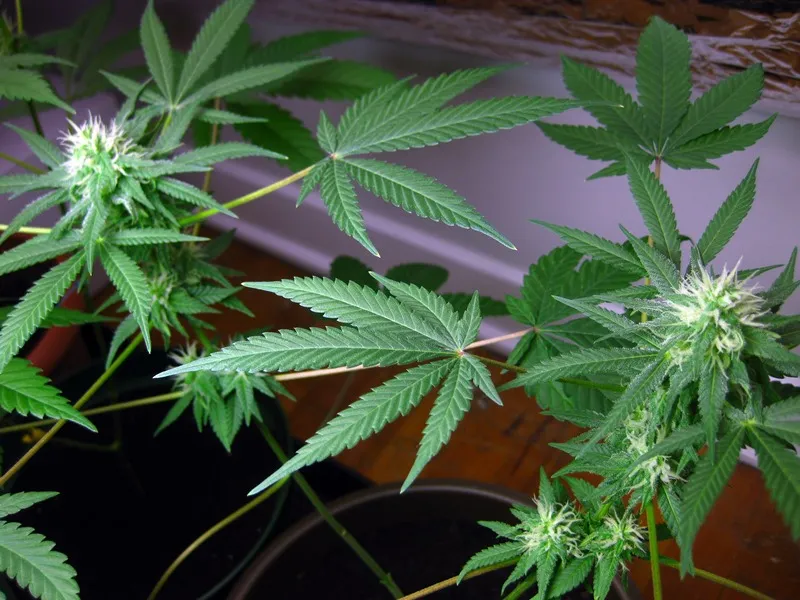
My gardening strategy
My outdoor garden is 200% organic, just like my indoor garden! Nothing but soil, light, air, and water. I don't add nutrient products (not even "organic" ones), sprays, fungicides, insect control, hormones, or anything else you can think of. I'll mix the compost from the bin, which has been decomposing for several months, into the soil before I plant. Then it's just the seeds, and water, until harvest! Then I know exactly what's in my food.
Everybody's different and every gardener does what works for them. There's really no wrong way to do it, although you'll get more enjoyment (and production) out of it some ways than others!
I learn mainly from myself, by trial and error (experimentation). Gardening is a great arena in which to use that tactic, because Nature is forging, and also because the passing of time brings around another season, another opportunity to learn, grow, advance, evolve, and improve.
From time to time, I'll consult another gardener for tips, or help with a particular issue. But I find that I have intuitive skill with plants, and learn by spending time around them. I recommend that to anyone trying to get into gardening - be around your plants a lot. Watch how they grow, notice how they respond to different conditions. You don't always have to be doing something to them, as long as you're observing and learning with them. It might sound like nonsense to other gardners, or non-gardeners, but that's my take on it.
Sure, book smarts are useful too. I did 7 years of Biology, including some upper level plant courses. But I find hands-on is really the only way to get an appreciation for gardening. Once you appreciate it, THEN you'll get good at it.
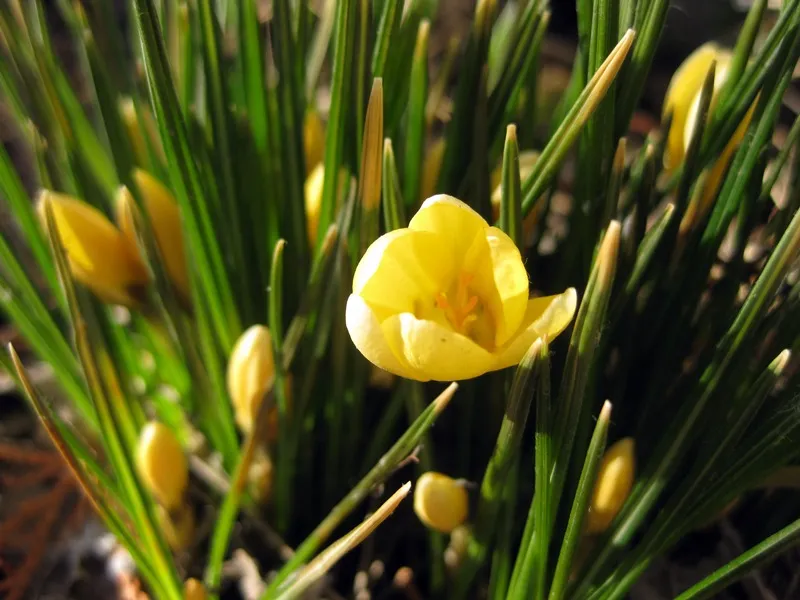
How I see it, Nature does 95% of the work. Most of our job as gardeners is to get out of the way, and provide an environment that optimizes the growing plants. We can't really take credit for the beauty, the splendor, and the abundance of Nature! And besides, we gardeners are ourselves just a piece of that Nature.
DRutter
